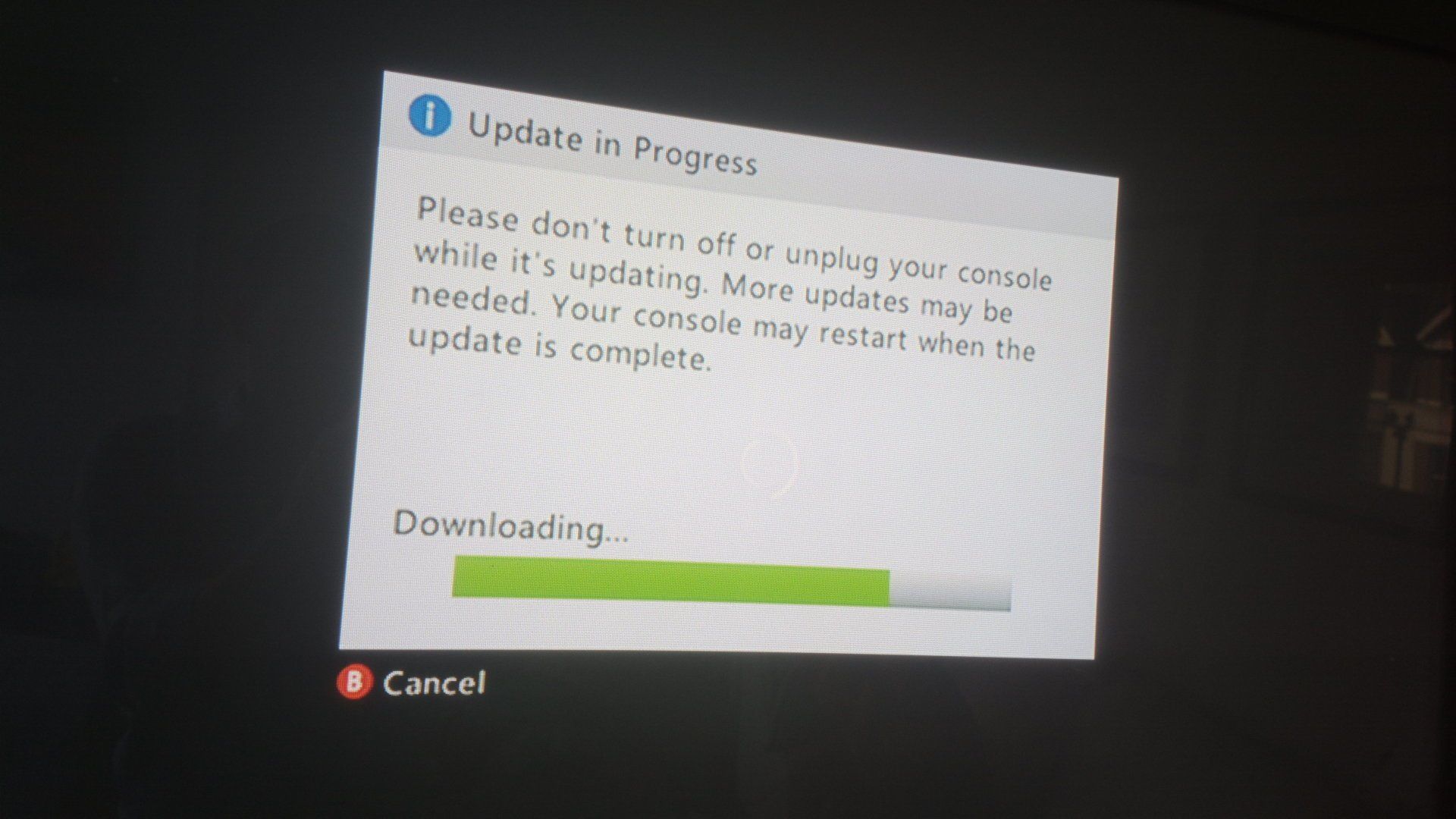Does Anyone Really Need a Trust? The Romans did.
“The use of trusts in estate planning goes back to ancient Rome (and they got by without cell phones). Roman inheritance law crucially affected strategies of succession open to testators. To understand whether you need a trust as we know it today, requires a basic understanding of what a trust is and how it works.”
First, what it is, in a nutshell:
The simplest definition of a trust is a three-party fiduciary relationship between the person who created the trust and the fiduciary for the benefit of a third party. The person who created the trust is known as the “Settlor” or “Trustor.” The fiduciary, known as the “Trustee,” is the person or organization with the authority to handle the asset(s). The trustee owes the duty of good faith and trust to the third party, known as the “Beneficiary.”
That is accurately described by the Pittsburgh Post-Gazette in the article titled “Do I need a trust?”
Trusts are created by the preparation of a trust document by an estate planning attorney. The trust can be made to take effect while the Trustor is alive — referred to as inter vivos — or after the person’s death — testamentary.
The document can be irrevocable, meaning it can never be changed, or revocable, which means it can change from one type of trust to another, under certain circumstances.
Whether you even need a trust, has nothing to do with your level of assets. People work with estate planning attorneys to create trusts for many different reasons. Here are a few:
- Consolidating assets during lifetime and for ease of management upon disability or death.
- Avoiding probate so assets can be transferred with privacy.
- Protecting a beneficiary with cognitive or physical disabilities.
- Setting forth the rules of use for a jointly shared asset, like a family vacation home.
- Tax planning reasons, especially when IRAs valued at more than $250,000 are being transferred to the next generation.
- Planning for death, disability, divorce or bankruptcy.
There is considerable misinformation about trusts and how they are used. Let’s debunk a few myths:
An irrevocable trust means I can’t ever change anything. Ever. Even with an irrevocable trust, the settlor typically reserves options to control trust assets. It depends upon how the trust is prepared. That may include, depending upon the state, the right to receive distributions of principal and income, the right to distribute money from the trust to third parties at any time and the right to buy and sell real estate owned by the trust, among others. Depending upon where you live, you may be able to “decant” a trust into another trust. Ask your estate planning attorney, if this is an option.
I don’t have enough assets to need a trust. This is not necessarily so. Many of today’s retirees have six figure retirement accounts, while their parents and grandparents didn’t usually have that much saved. They had pensions, which were controlled by their employers. Today’s worker owns more assets with complex tax issues.
You don’t have to be a descendent of an ancient Roman family to need a trust. You must just have enough factors that makes it worthwhile doing. Talk with your estate planning attorney to find out if you need a trust. While you’re at it, make sure your estate plan is up to date. If you don’t have an estate plan, there’s no time like the present to tackle this necessary personal responsibility.
Reference: Pittsburgh Post-Gazette (Jan. 28, 2019) “Do I need a trust?”










